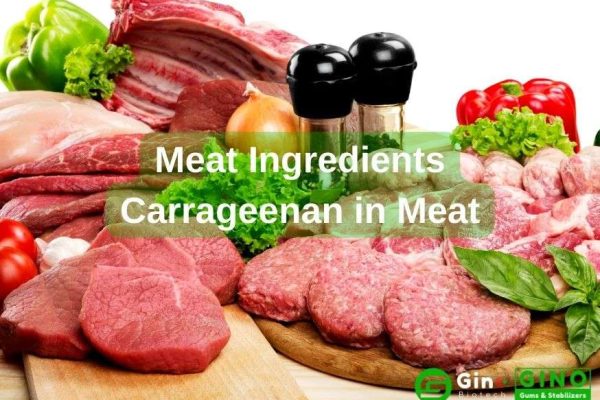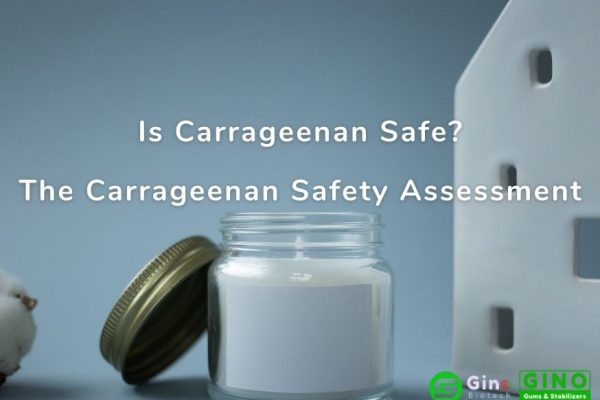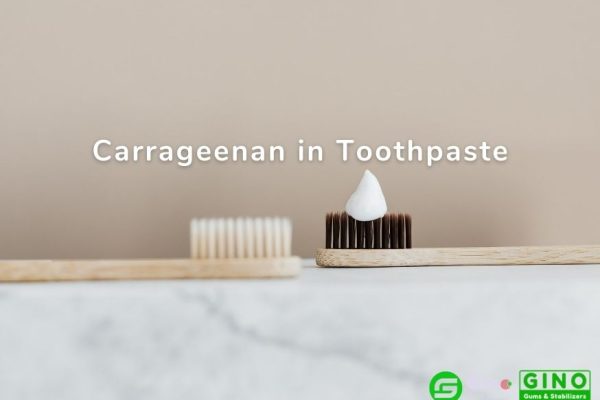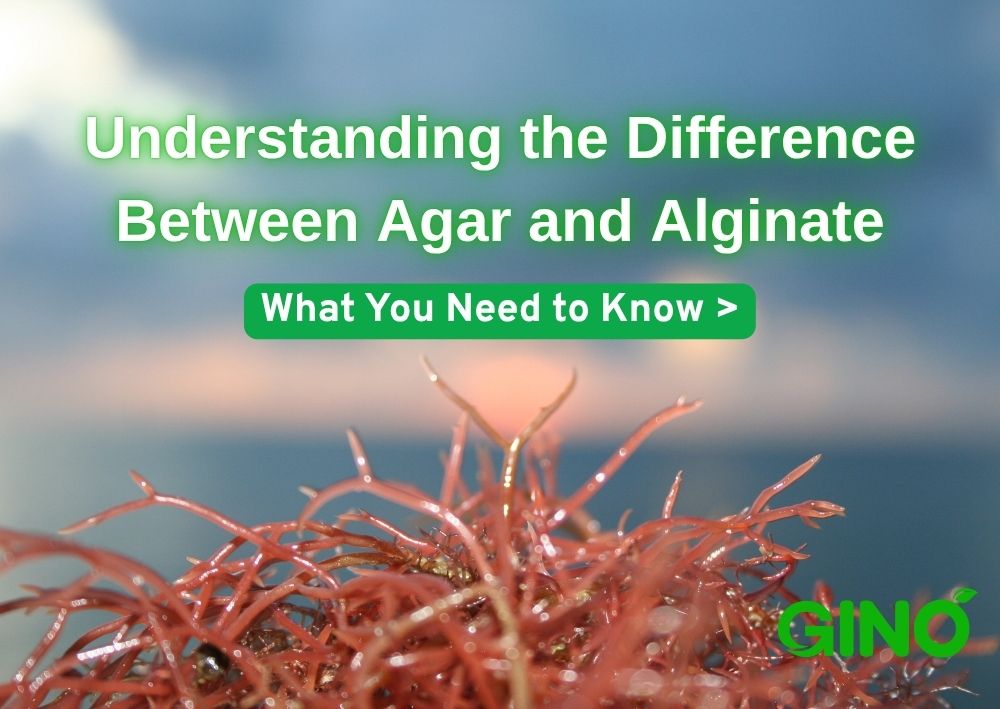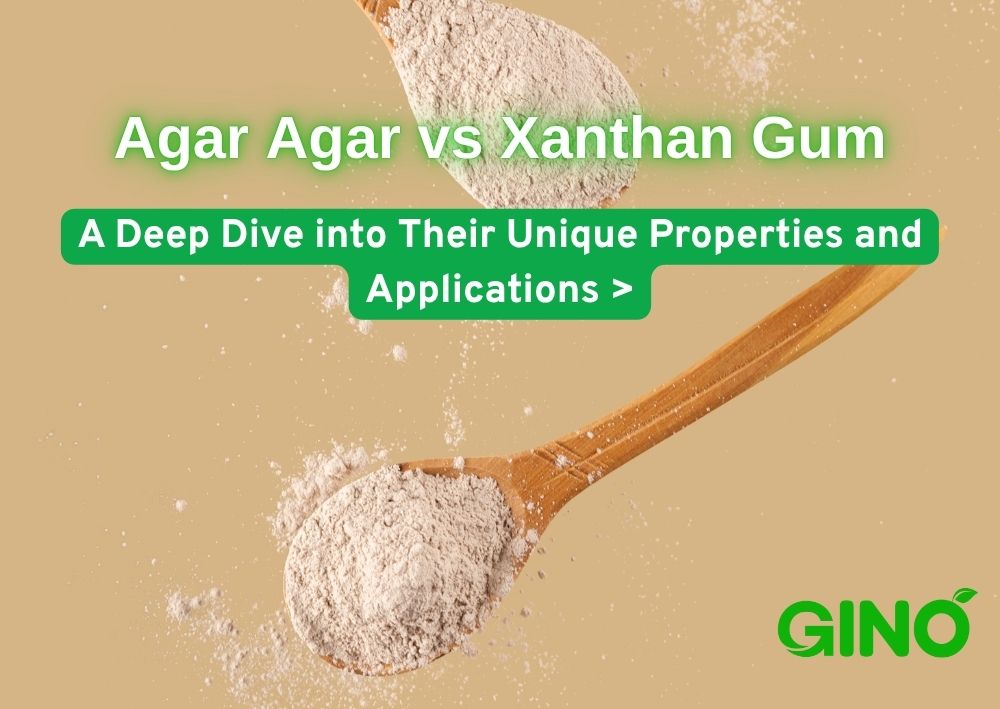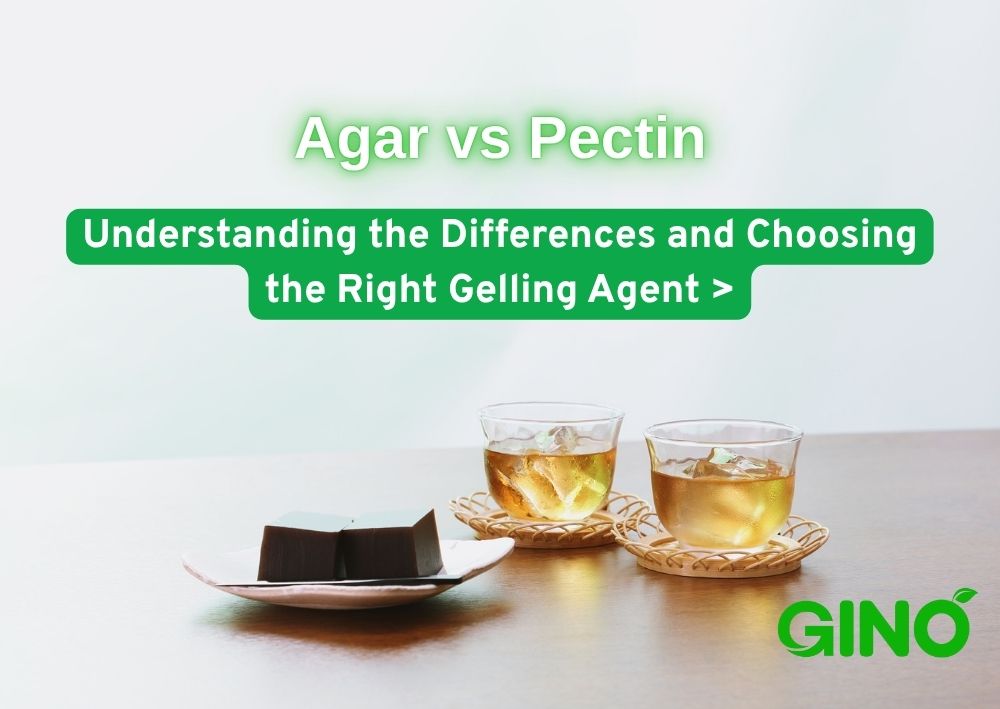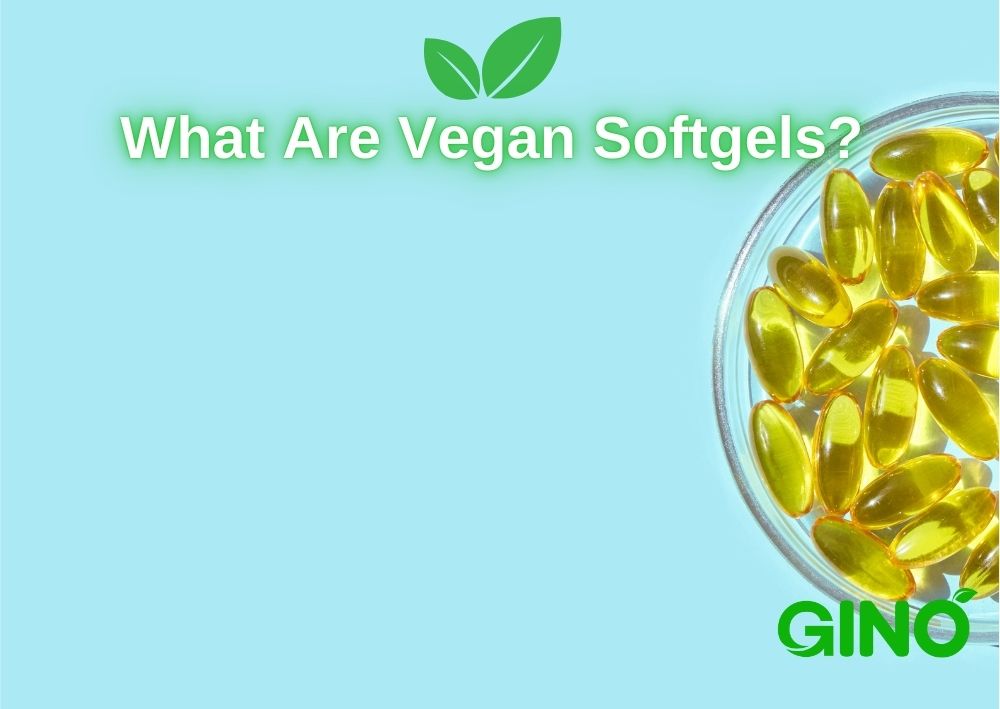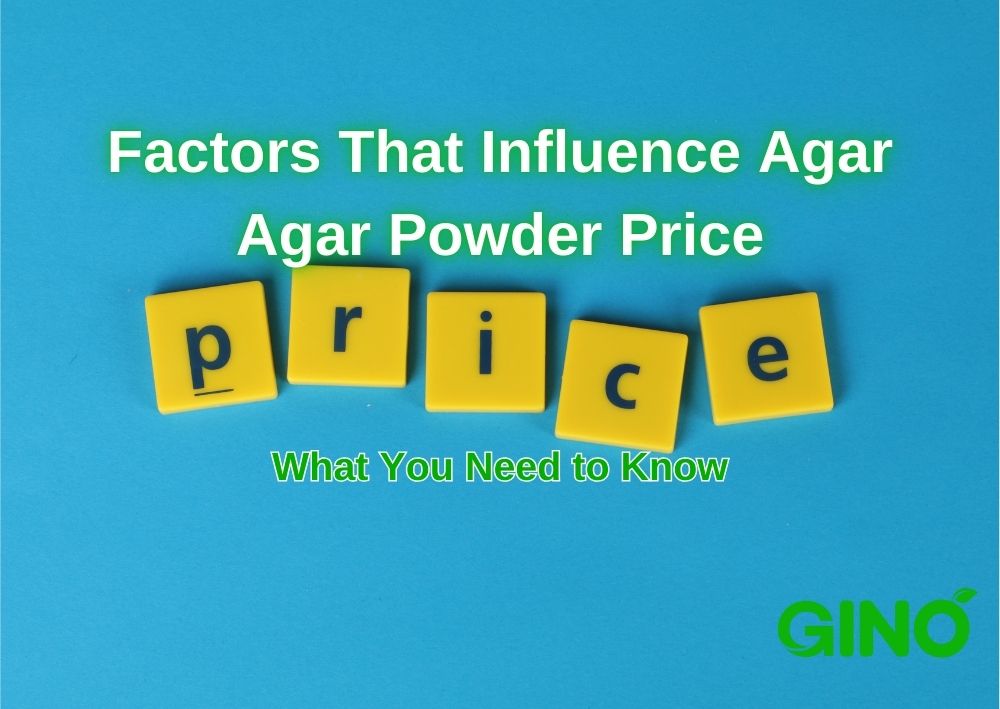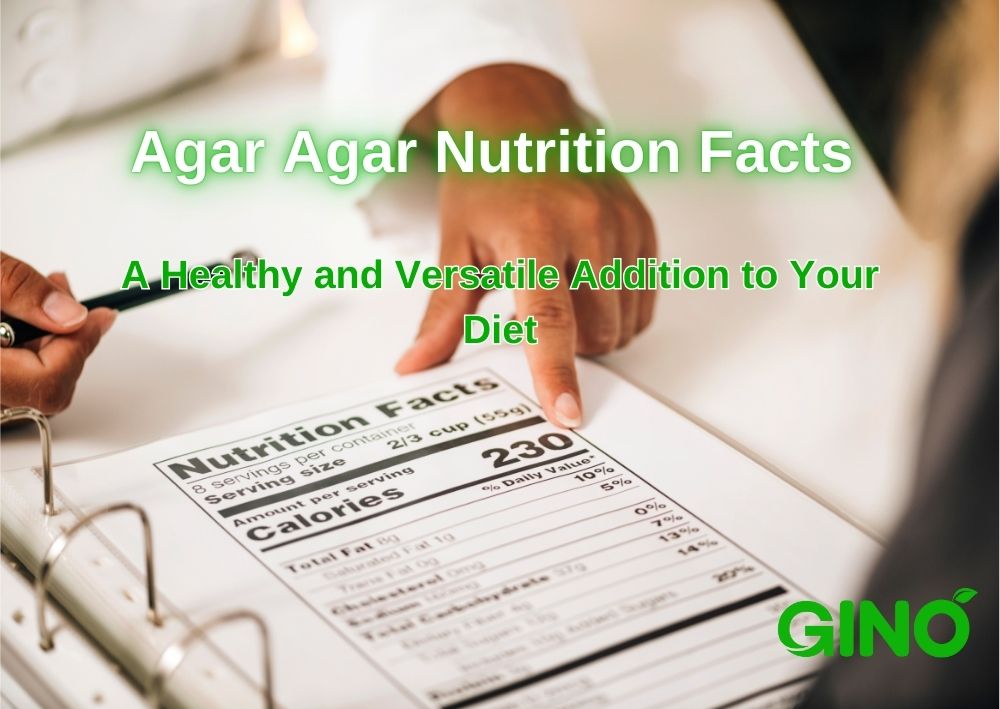Carrageenan in Vegetarian & Vegan Softgels | 100% Natural & Halal
Carrageenan in Vegetarian & Vegan Softgels
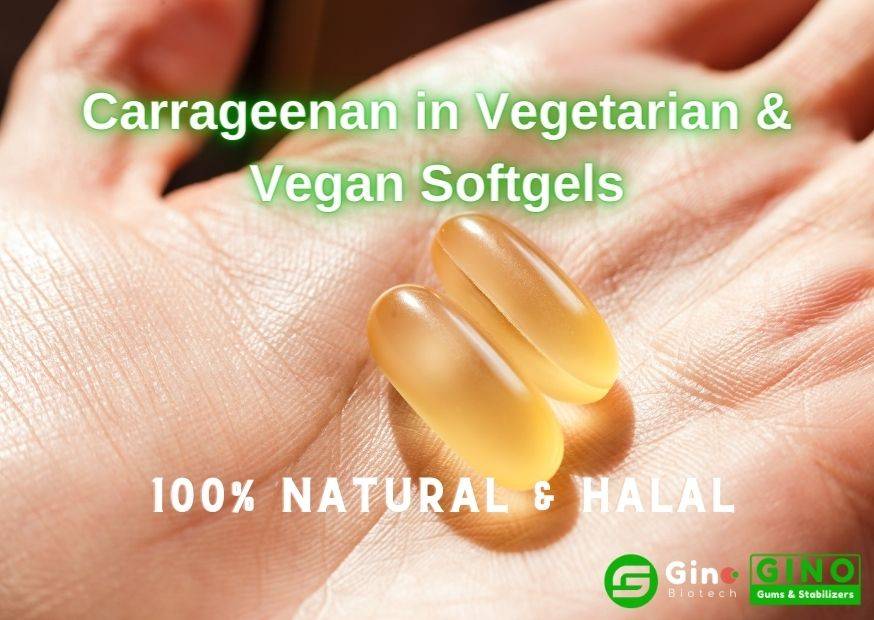
Softgel is an important part of daily health management. However, one question that has recently arisen is whether the soft gels you use are vegetarian or non-vegetarian.
1. History of Capsules Development
- Gelatin Capsules, Vegetarian Capsules (Vegan Softgels)
- Capsules originated in ancient Egypt and have a long history.
- In 1931, Parke-Davis manufactured automatic production equipment for hollow capsules, and since then gelatin capsules have been produced in industrial quantities.
Are all capsules made of gelatin? Do all capsules have gelatin?
Absolutely not!
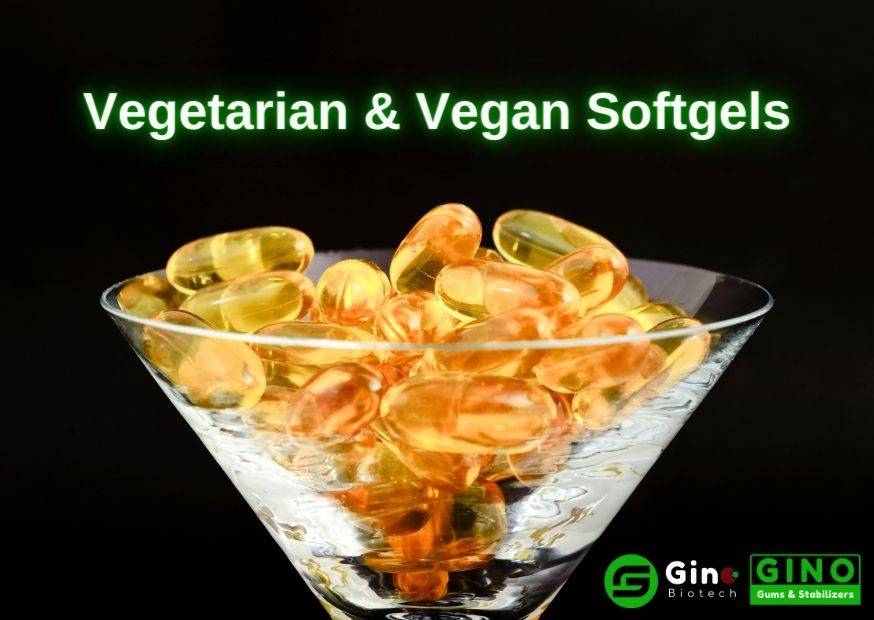
- In 1997, Pfizer was the first to introduce two vegan capsules, VcapsTM and Pullulan Polysaccharide, to the market in the U.S. with hydroxypropyl methylcellulose hollow capsules.
Since then, Japan, Austria, and South Korea have successfully developed vegan capsules made from seaweed and corn starch.
- Vegetarian & vegan capsules were introduced in the United States in 2000.
- In 2010, Chinese pharmaceutical companies introduced vegetarian & vegan capsules
3 Types of New Vegetarian & Vegan Capsules
At present, three types of new vegetarian & vegan capsules with different raw materials have been formed internationally, represented by cellulose esters (such as hydroxypropyl methylcellulose, etc.), plant polysaccharides (such as pullulan, alginate, carrageenan, and agar, etc.) and plant starch types (such as modified corn starch, potato starch, and sweet potato starch, etc.).
2. Carrageenan in Vegetarian & Vegan Softgels
Our Carrageenan SP-100 is one kind of carrageenan specially used to make vegan and vegetarian softgels.
It can provide good gelation and film formation during the production of capsules, and the finished capsules have a high yield and a smooth and shiny surface.
Carrageenan SP-100 needs to be used with starch to replace gelatin in vegetarian capsules.
Features of Carrageenan Vegan Softgels
Thermally-reversible, film-processing ability, no dangers and side-effects for the human body with a short time for disintegration, good quality, high transparency, and more elasticity, cutting down the cost of production.

Suggested Recipe
What are vegetarian capsules made of?
Item | Addition Amount |
Modified Starch | 28% |
Carrageenan | 7% |
Glycerin | 16% |
Water | 49% |
Process Flow
How to make vegetarian softgels with carrageenan?
3. Advantages & Benefits of Vegan Softgels
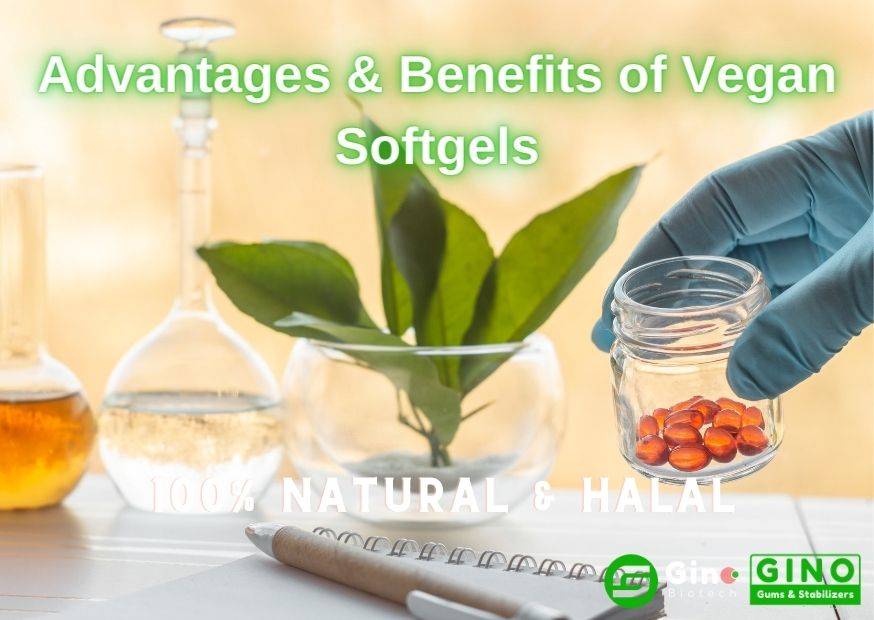
- Suitable for vegetarians and vegans
- No materials derived from animal sources
- Wide variety of simple and complex filler materials (similar to standard gelatin capsules)
- Wide variety of shapes, sizes, and colors
- Non-GMO
- Softgels are robust and unbreakable
- Excellent alternative to gelatin capsules
4. Market Application of Vegan Softgels
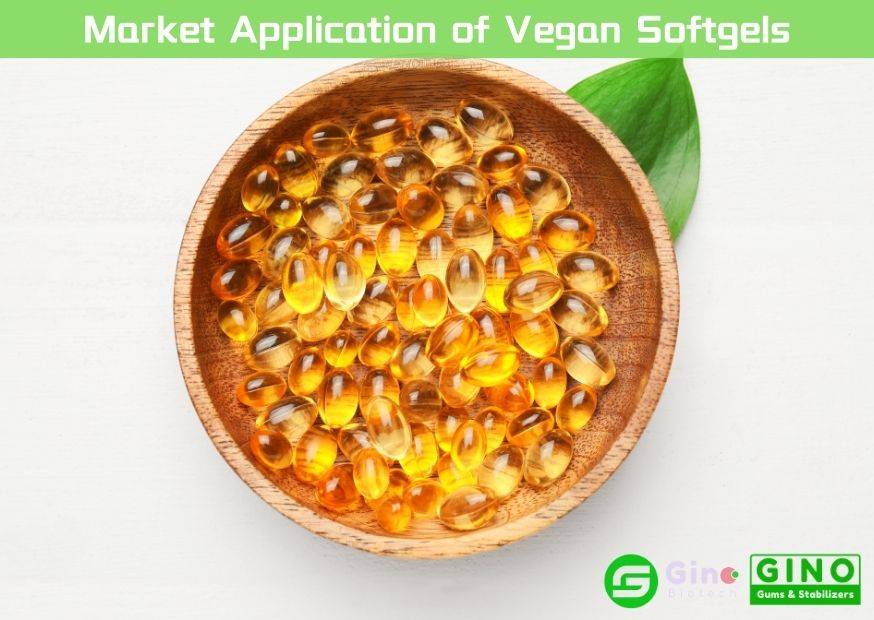
In 2018, the global vegan softgels market reached a total value of USD 2.9 billion and is growing at a rate of 25% annually.
Due to its product advantages and wider application population, it is more common in high-end nutritional supplements in Europe, America, Australia and New Zealand, Southeast Asia, and other countries.
For example Smartercurcumin, Healthy Care, BioBalance, doTERRA, Colfarm, Benemax, Healtheries, Sports Research and other common international health food brands have iterated their products to vegan softgels.
Currently, the global market demand for pharmaceutical hard capsules is 600 billion capsules per year, of which China is 200-300 billion capsules (partly exported). For the softgels used in health care products, the global market demand is 200-300 billion capsules per year, but the annual production of Vegetarian & Vegan Softgels is around 100 billion capsules.
Meanwhile, the cost of raw materials for plant-based capsules extracted from algae and cellulose is between 150,000 and 200,000 yuan per ton, and animal gelatin is more than 100,000 yuan per ton; therefore, gelatin capsules are sold at about 1 cent per capsule, and plant-based capsules are 3 to 4 cents per capsule.
If you would like more information about carrageenan in vegan softgels, such as the specification or COA of our carrageenan, and the full instruction, click the below button to contact our team.
Contact Our TeamRecent Posts

We are a biotech company specializing in the research, development, and commercialization of innovative and technological food additives hydrocolloids Agar Agar, Carrageenan, and Tailor-Made Stabilizer Solutions.
With the extended know-how and experience in the research, application, and use of Hydrocolloids, we could provide one-stop-shop customized solutions perfectly matched to the needs of our customers.
Our products cover the needs of the Meat, Dairy, Bakery, Confectionery, and other industrial sectors.


